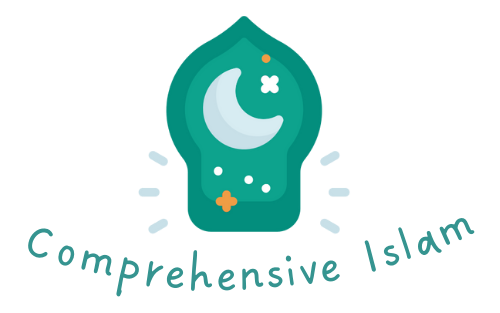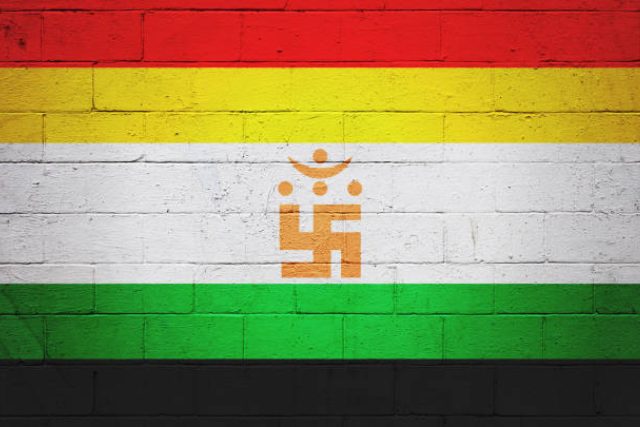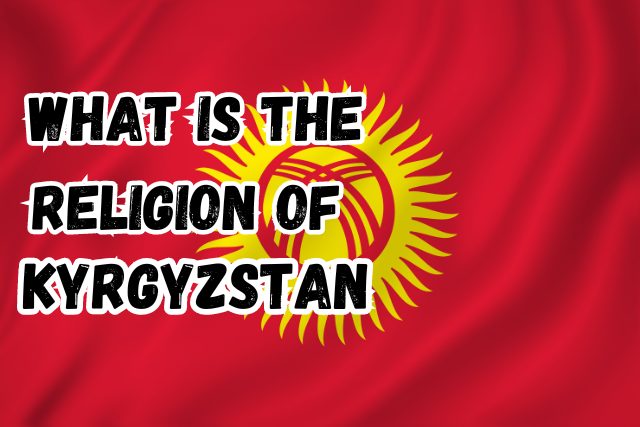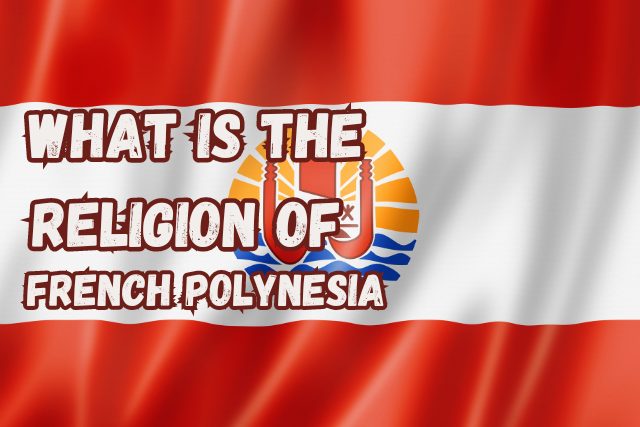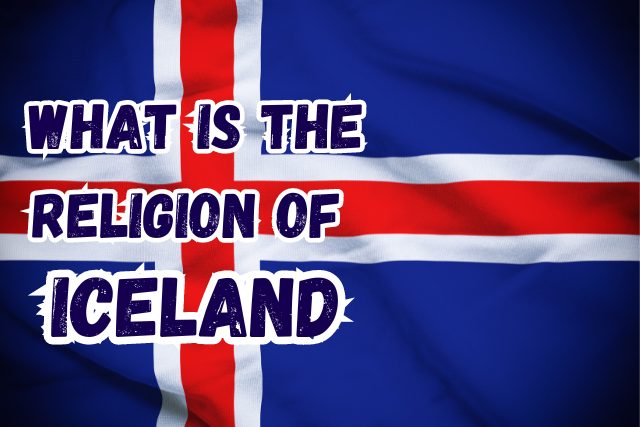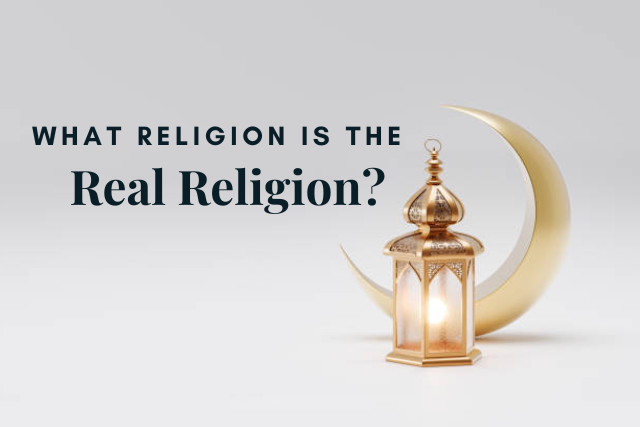What is the Religion of Bolivia
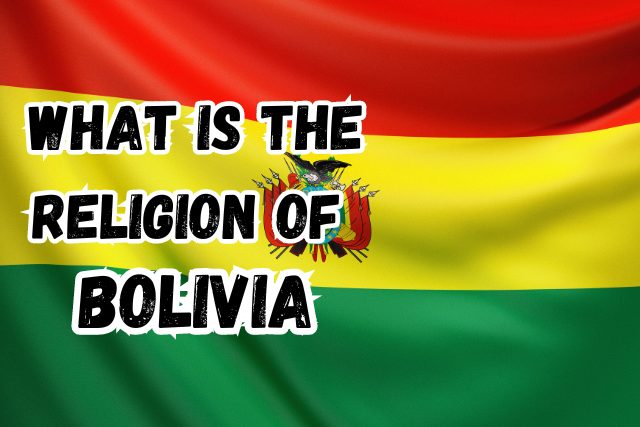
Discover the diverse spiritual landscape of Bolivia. It’s a nation where the vibrant tapestry of beliefs paints a captivating picture of its cultural identity. In this exploration, I’ll navigate through the multifaceted religious terrain that shapes the lives of Bolivians.
In high-altitude cities and remote villages, religion takes on varied hues. While Catholicism holds a prominent place, indigenous beliefs and practices contribute to the vibrant religious fabric. Bolivia’s religious identity reflects the fusion of ancient customs with more recent influences.
I will navigate through Bolivia’s sacred sites, cultural rituals, and the harmonious coexistence of diverse faiths. From the bustling markets to the serene landscapes, this article will shed light on the dynamic and ever-evolving nature of religion in Bolivia. Let’s begin our quest to understand the spiritual heartbeat of this South American nation.
Christianity | What is the Religion of Bolivia

Christianity holds a significant and enduring presence in Bolivia. Christianity plays a central role in shaping the country’s cultural and religious landscape. The predominant Christian denomination in Bolivia is Roman Catholicism, with a majority of the population identifying as Catholic.
In addition, the roots of Christianity in Bolivia can be traced back to the period of Spanish colonization. When Catholic missionaries played a crucial role in evangelizing and converting the indigenous population. The influence of Catholicism became deeply ingrained in Bolivian society. It impacts not only religious practices but also shapes various aspects of culture, traditions, and social norms.
Cultural Impact
Catholicism has left an indelible mark on Bolivian culture, influencing art, literature, music, and architecture. Many of the country’s festivals and celebrations are intertwined with Catholic religious observances. It creates a syncretic blend of indigenous traditions and Catholic rituals.
Religious Practices
Catholicism in Bolivia encompasses a range of religious practices. These practices include regular Mass attendance, sacraments, and participation in various religious festivities. Churches and cathedrals across the country serve as important religious and cultural landmarks.
Diversity within Christianity
In addition to Catholicism, various Protestant denominations have gained followers in Bolivia over recent decades. Evangelical and Pentecostal churches, in particular, have seen growth, contributing to the diversification of the country’s religious landscape.
Protestantism’s expansion is part of a broader trend of religious diversification in Bolivia. While Roman Catholicism remains dominant, the presence of Protestant communities has added a dynamic element to Bolivia’s religious tapestry.
Indigenous Beliefs
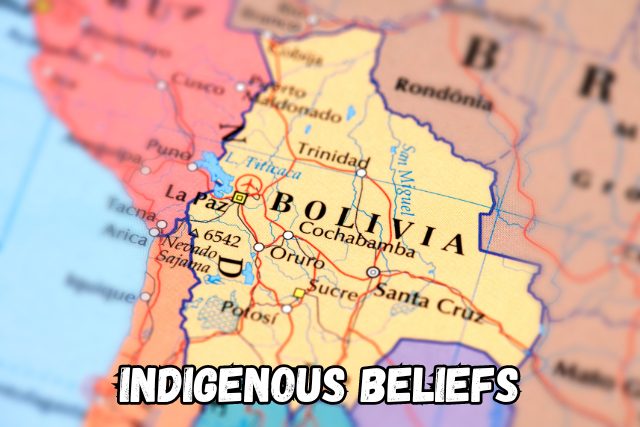
Bolivia is home to various indigenous communities, each with its unique spiritual beliefs and practices. These encompass a profound connection to nature, rituals, and ceremonies that honor ancestral spirits. Despite the spread of Christianity, indigenous beliefs persist, contributing to Bolivia’s cultural diversity.
Cultural Significance
Indigenous beliefs in Bolivia often center around a profound connection to nature. Mountains, rivers, and other natural elements are considered sacred. Rituals are conducted to honor and seek harmony with the natural world.
Ancestral spirits play a main role in indigenous Bolivian cosmology. Many indigenous communities believe in the presence and influence of the spirits of their ancestors. They consider them as guides and protectors.
Rituals and Ceremonies
Indigenous ceremonies involve offerings to the Earth (Pachamama) and other deities. These rituals vary among different ethnic groups, each having its unique practices, dances, and symbolic elements.
Traditional festivals, such as Inti Raymi (Sun Festival) and Pachamama Raymi (Earth Festival), are marked by vibrant celebrations. These include music, dance, and rituals to honor the spirits and express gratitude for nature’s abundance.
Syncretism with Christianity
One notable aspect of indigenous beliefs in Bolivia is their syncretic nature, blending with Catholicism. Many indigenous people practice a form of syncretism.
Certain saints, such as the Virgin of Copacabana, have become central figures in syncretic practices. Pilgrimages to sacred sites are common expressions of these syncretic devotions.
Challenges and Revival
Despite the enduring strength of indigenous beliefs, there have been challenges due to historical oppression. Efforts are underway to revitalize and preserve indigenous languages, rituals, and knowledge.
In recent years, there has been a growing acknowledgment of the importance of indigenous beliefs in Bolivia. Legal recognition of indigenous rights and cultural heritage contributes to fostering respect for diverse spiritual practices.
Other Religious Minorities
Bolivia is characterized by its diverse religious landscape, with various minorities. Among these minorities are adherents of Buddhism and Hinduism, the Baháʼí Faith, and Islam.
Buddhism and Hinduism

Buddhism and Hinduism have a limited but noteworthy presence in Bolivia. Immigrants from countries where these religions are predominant bring their faiths with them.
Small Buddhist and Hindu communities maintain places of worship, including temples. In the temple, adherents gather for prayers, meditation, and religious ceremonies. These communities often engage in cultural events that showcase their traditions.
Baháʼí Faith
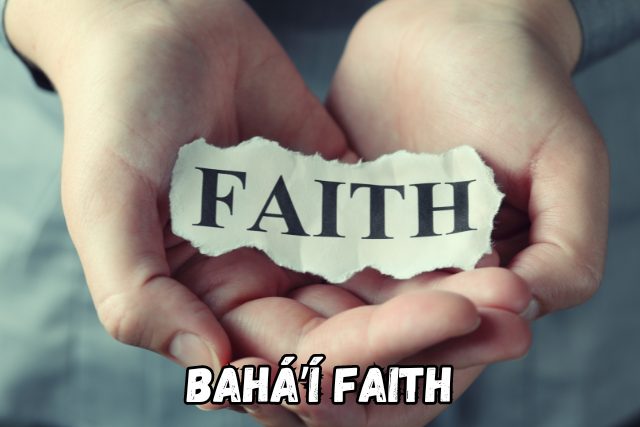
The Baháʼí Faith, a relatively recent entrant to Bolivia, has gained a small but growing following. The teachings of Baháʼu’lláh emphasize the oneness of humanity, unity in diversity, and the importance of spiritual principles for social progress.
Baháʼí communities in Bolivia focus on social and educational activities that contribute to the betterment of society. They emphasize unity and collaboration, seeking to foster a sense of collective purpose and service.
Islam
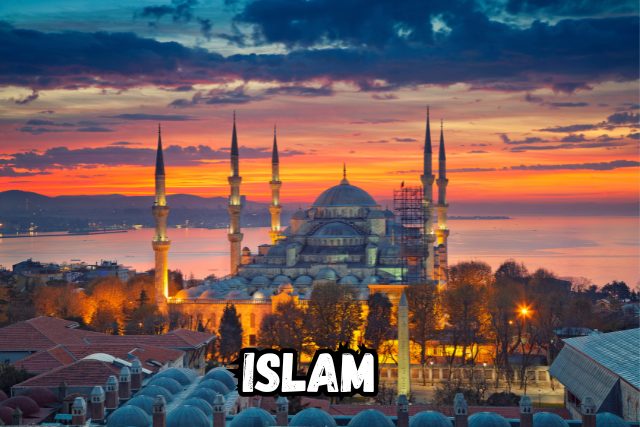
Islam has historical roots in Bolivia dating back to the colonial period when African slaves were brought to the region. Additionally, recent immigration has contributed to the presence of Islam in contemporary Bolivia.
Muslim communities in Bolivia have established mosques and cultural centers where they gather for prayers. These communities play a role in the broader cultural diversity of Bolivia.
Bottom Line
Bolivia’s religious tapestry is a rich mosaic of traditions. Which reflects the country’s cultural diversity and historical influences. While Catholicism remains the predominant faith, the presence of various religious minorities contributes to Bolivia’s pluralistic and inclusive identity.
Moreover, the coexistence of these diverse belief systems adds depth to the nation’s cultural fabric. This fosters an environment where individuals can express their spirituality freely. Bolivia’s commitment to religious freedom underscores the importance of tolerance and unity in this South American nation.
FAQs
Is Bolivia a predominantly Catholic country?
Yes, Catholicism has a significant presence in Bolivia, influenced by the country’s colonial history.
Are indigenous beliefs still practiced in Bolivia?
Yes, indigenous beliefs persist, coexisting with mainstream religions and contributing to Bolivia’s cultural diversity.
How does religion impact Bolivian culture?
Religion, particularly Catholicism, influences societal norms, traditions, and public celebrations, shaping the cultural landscape.
Is there religious tolerance in Bolivia?
Bolivia promotes religious tolerance, with constitutional guarantees for religious freedom ensuring the coexistence of diverse faiths.
Are there religious minorities in Bolivia?
Yes, Bolivia is home to various religious minorities, including Buddhists, Hindus, followers of the Baháʼí Faith, and Muslims.
